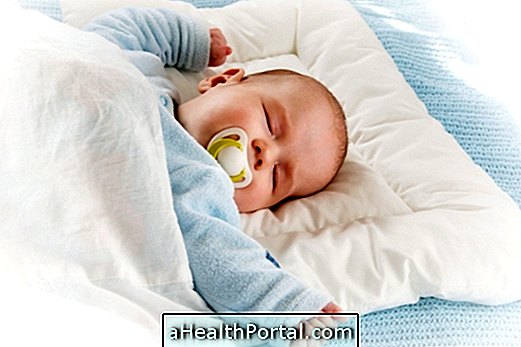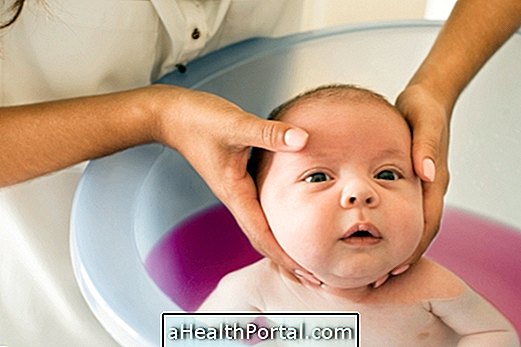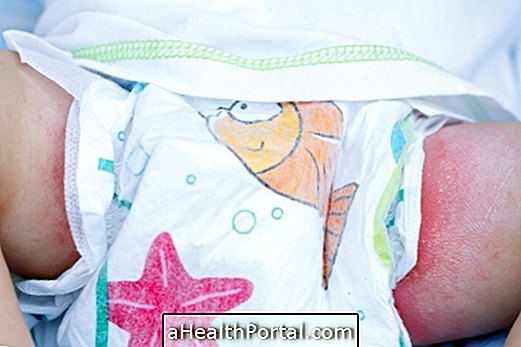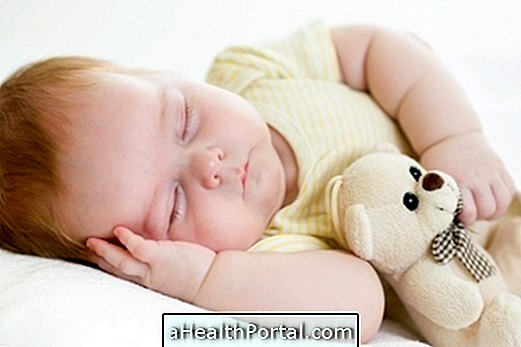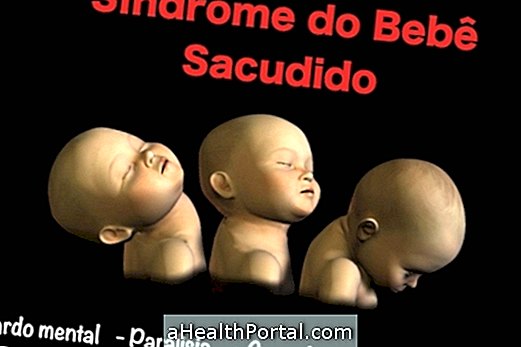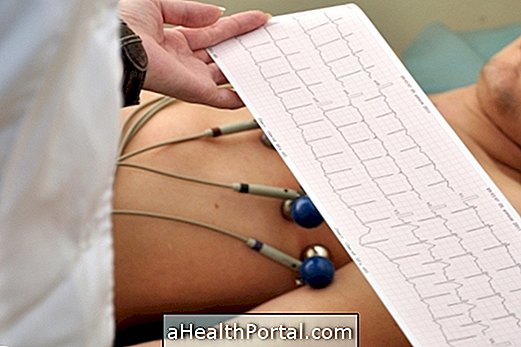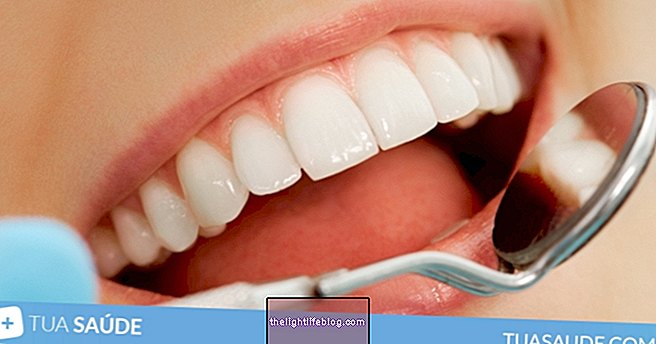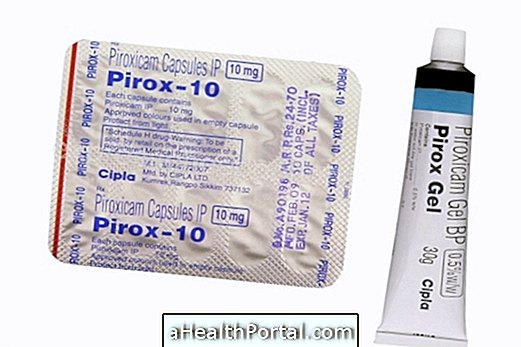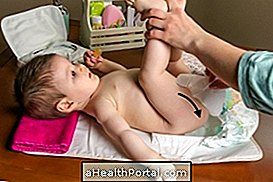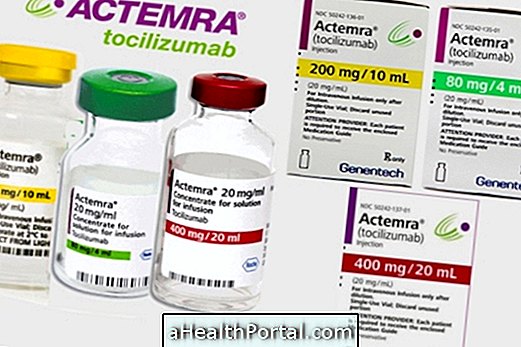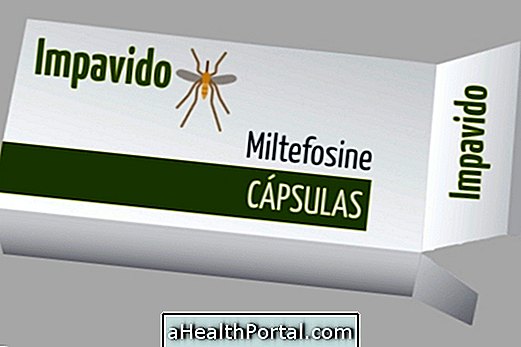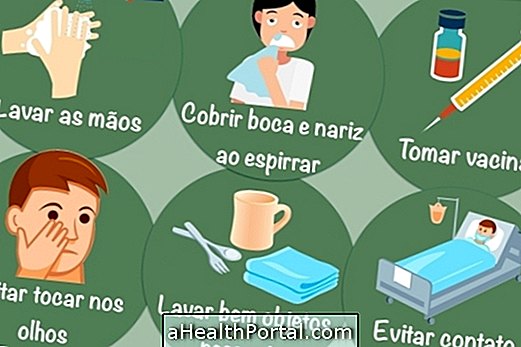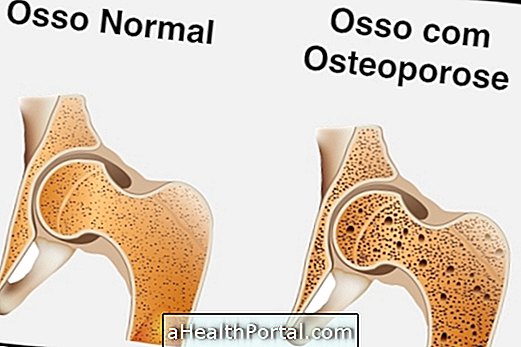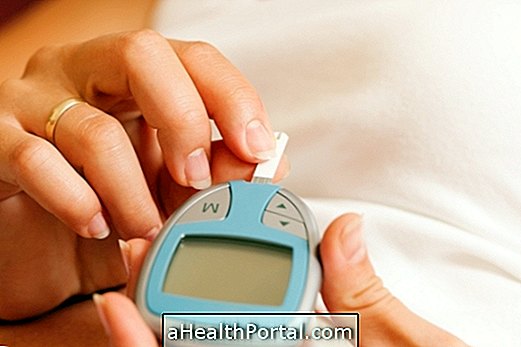Soon after birth, the baby needs to do tests that help detect diseases or genetic problems, such as phenylketonuria, anemia, or hypothyroidism.
The mandatory tests for the newborn are the test of the foot, the blood typing, the test of the ear, the little eye and the little heart, which are offered by the SUS and must be done in the first days of life.
Here's what tests are important for your baby early in life.
Foot test
The Pezinho Test is mandatory and free, and must be done between 48 hours after birth and up to 1 week after the baby is born, and can be performed at the maternity or at the health clinic.
It is made from a small sample of blood taken from the baby's foot, and is able to detect 6 diseases: phenylketonuria, congenital hypothyroidism, sickle cell anemia, congenital adrenal hyperplasia, cystic fibrosis and biotinidase deficiency. See more about this test here.
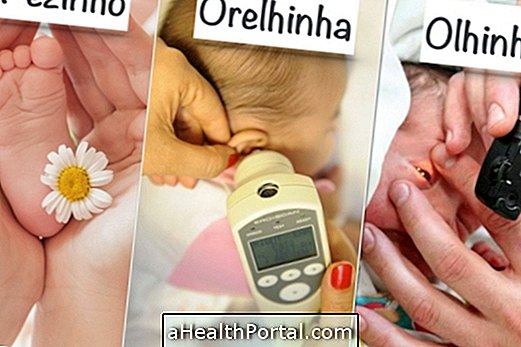
Extended Foot Test
In addition to the diseases mentioned above, the enlarged foot test can detect 30 more types of problems, such as toxoplasmosis, syphilis, AIDS and congenital rubella.
However, it is not mandatory and is not offered by SUS, and is usually requested by the doctor only when there are suspicions that the baby may have any of these diseases, such as when the mother is infected and can pass to the child. See more diseases detected by this exam here.
Test of the Ear
The Ear Test, also called the Neonatal Hearing Screening, is a mandatory exam and offered free of charge by the SUS to detect hearing problems in the baby.
It is still done in the maternity, preferably between 24 and 48 hours of the baby's life, and can be performed up to the first month after birth. See more about this test and how to know if the baby is deaf here.
Test of the Olhinho
Olhinho's Test, also known as Red Reflex Test, is usually offered free of charge by maternity or health clinics to detect vision problems such as cataract, glaucoma, or strabismus.
It should be done even during hospitalization in the maternity or the first consultation with the doctor after birth, preferably even during the first week of life. See more information here.
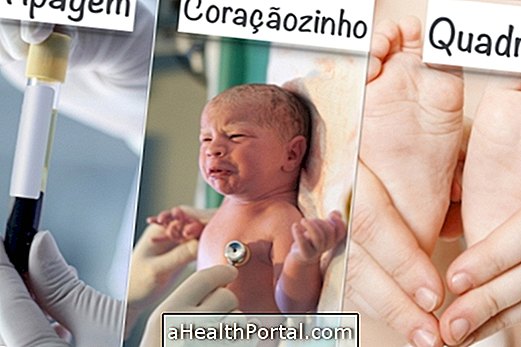
Blood Typing
The blood typing is done from the blood sample taken in the Test of the Little Foot, and serves to identify which blood type of the baby, which can be A, B, AB or O, positive or negative.
Heart Test
The Heart Test is compulsory and free, done in the maternity hospital between 24 and 48 hours after birth, from blood collected from the right arm and one of the legs of the baby, to identify the level of oxygen in the blood.
If the amount of oxygen is low or if there is a large difference between arm and leg measurements, your baby may have a heart problem and other tests should be done to confirm the diagnosis.
Hip Testing
The Hip Test is mandatory and offered by SUS only in some states and cities, and may also be requested by the physician in private maternity hospitals.
It is made from moving the legs of the newborn to detect Dysplasia of Hip Development, a disease that can cause problems like pain, shortening of the limb and osteoarthritis.
To prevent illness, see also the entire Baby Vaccination Calendar.
